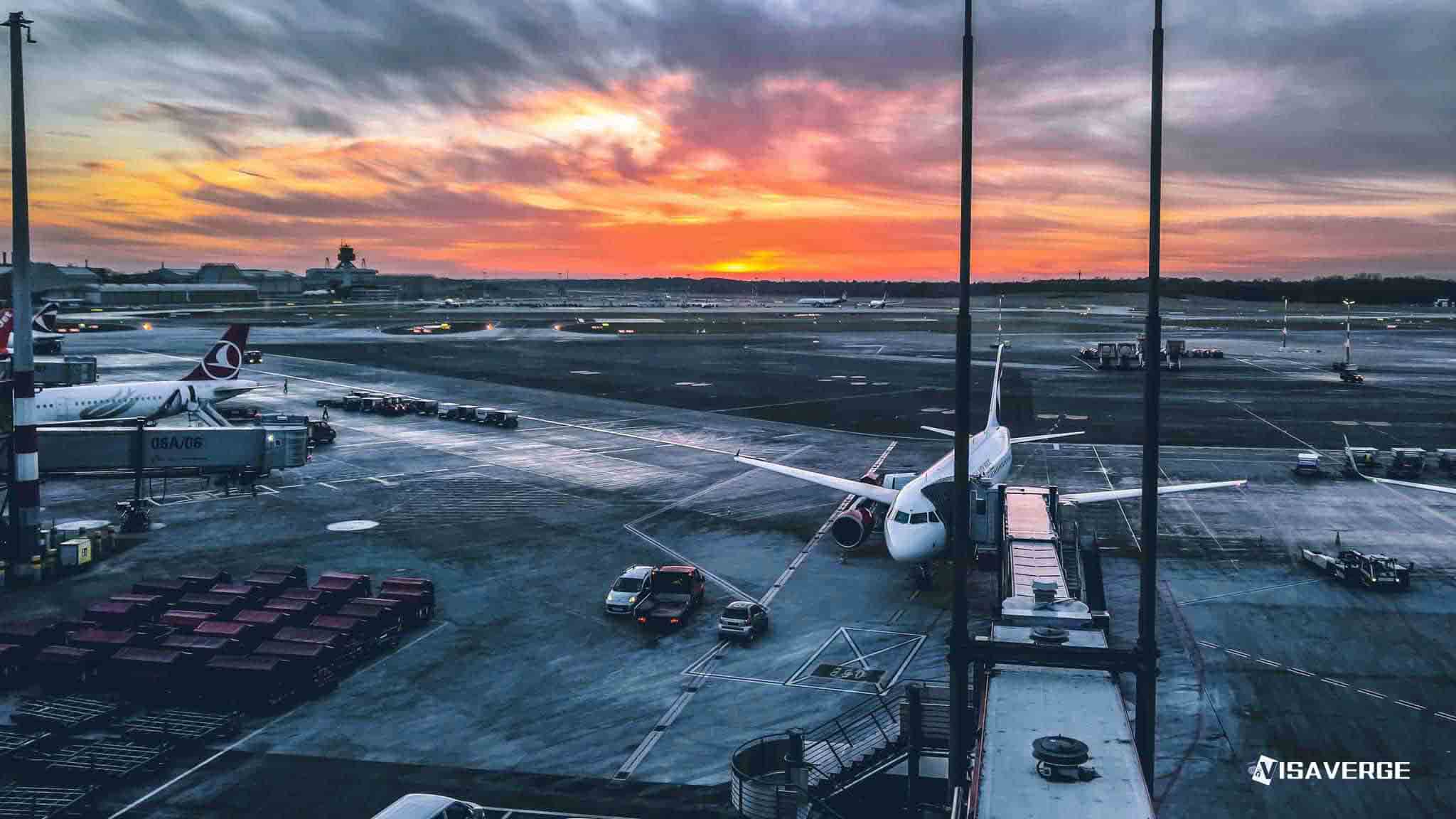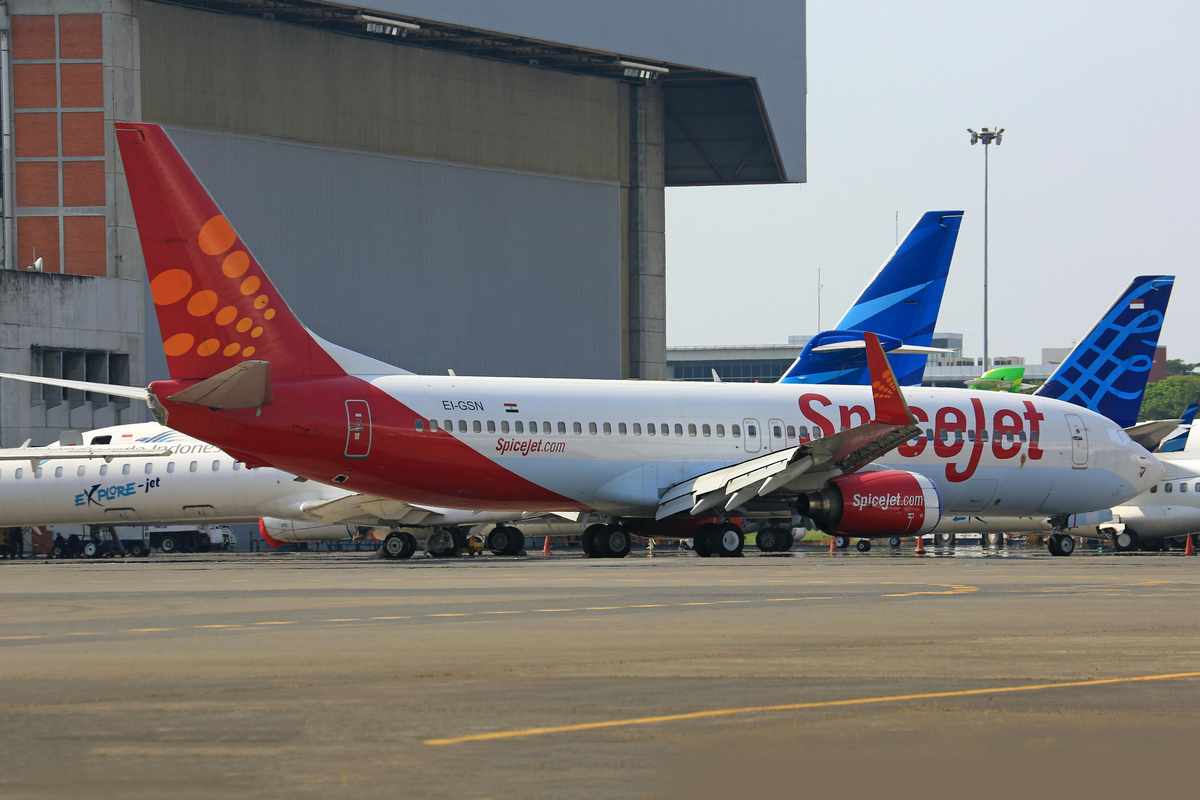(GENEVA, SWITZERLAND) Niger restricts where citizens of five European countries can obtain entry visas, forcing most applicants to travel to a short list of embassies abroad in a move officials describe as reciprocity for hurdles faced by Nigeriens in Europe. As of August 27, 2025, nationals of Italy, the Netherlands, Germany, Belgium, and the United Kingdom must apply for Nigerien visas only at Niger’s embassies in Geneva, Ankara, or Moscow. Holders of diplomatic or service passports from those countries may apply in Brussels. The policy, confirmed in an internal note dated August 20, 2025 and made public on August 27, 2025, is championed by Foreign Minister Bakary Yaou Sangare, who said it applies “in application of the reciprocal principle.” No official responses from the affected European governments were reported by press time.
What the rule changes — and what stays the same

The new rule is immediate and narrowly targeted. It does not change who needs a visa or the grounds for approval, but it sharply limits where applications can be filed. Ordinary passport holders from the five named countries can no longer apply at other Nigerien missions in Europe or Africa; they must appear in person at one of the three designated embassies, unless they hold diplomatic or service passports.
In practice, this means:
- An engineer in Milan, a consultant in Amsterdam, a researcher in Berlin, a trader in Antwerp, or a charity worker in Manchester must book an appointment and appear in Geneva, Ankara, or Moscow to file.
- Diplomatic/service passport holders from those countries may apply in Brussels.
- For many applicants, Geneva will likely be the closest hub and will see the highest demand.
These changes come amid rising friction following Niger’s 2023 military takeover and the country’s broader shift away from some Western partners toward stronger ties with Russia, Turkey, Iran, and China.
Rationale and diplomatic context
Officials in Niamey present the measure as a direct response to difficulties Nigerien citizens face obtaining European visas. Before relations worsened, many Nigeriens applied for Schengen visas at the French consulate in Niamey. That option narrowed, and applicants were increasingly told to travel to neighboring countries for biometrics or interviews.
According to Niger’s government:
- Requests for European embassies in Niamey to resume local visa issuance went unanswered.
- The new policy mirrors those barriers by moving visa processing for nationals of the five European countries to Geneva, Ankara, and Moscow.
- Directives for diplomatic and service passports to go through Brussels are practical given the large diplomatic presence there.
Geneva stands out as a global diplomatic center with predictable flight links and consular infrastructure. Ankara and Moscow reflect Niger’s growing ties with Turkey and Russia since 2023. By clustering processing at these posts, Niamey signals that visas remain available but access points are limited—echoing how Nigeriens are treated in Europe, officials say.
VisaVerge.com warns travelers and companies to plan for higher costs, longer lead times, and difficulty securing appointments as demand shifts to the three designated posts.
Policy changes overview (quick facts)
- Who is affected: Citizens of Italy, the Netherlands, Germany, Belgium, and the United Kingdom holding ordinary passports.
- Where to file: Geneva (Switzerland), Ankara (Turkey), Moscow (Russia).
- Exception: Diplomatic or service passports — file in Brussels (Belgium).
- Effective timeline: Internal note dated August 20, 2025; public report August 27, 2025; effective as of August 27, 2025.
- Stated rationale: Reciprocity for visa obstacles faced by Nigerien citizens in Europe.
- Key official: Foreign Minister Bakary Yaou Sangare.
Practical effects for travelers, aid groups, and businesses
The policy’s real-world impacts fall into distinct categories.
- Travelers and families
- Expect higher planning costs: flights, hotels, and time away from work to file and collect visas.
- Avoid booking nonrefundable flights to Niamey until the visa is secured.
- Geneva may be least disruptive for some, but appointment scarcity could force travel to Ankara or Moscow.
- Aid organizations and NGOs
- Project timelines may stretch. Short-notice staff rotations become harder to manage.
- Mixed-nationality teams will face more complex planning.
- Delays can affect seasonal campaigns and emergency responses.
- Companies and investors
- Commercial trips require longer lead times and contingency planning.
- Some organizations may try to pre-position staff with multiple-entry visas where permitted.
- Visa filing trips may be added to project timelines and budgets.
- Diplomatic and official travel
- Diplomatic/service passport holders have access through Brussels, preserving official channels.
- Scheduling and processing times in Brussels remain important for official delegations.
- Education and research
- Scholars and students should budget weeks (not days) for visa steps.
- Universities and sponsors will likely require proof of appointment and contingency plans.
- Airlines and travel agencies
- Need to verify visa filing location and collection timelines to avoid denied boarding.
- Update traveller advice and booking policies accordingly.
Step-by-step advice for affected nationals
The immediate practical guidance for ordinary passport holders from the five countries:
- Confirm your passport type and nationality. Rule applies to ordinary passports from the listed countries. Diplomatic/service passports: file in Brussels.
- Choose an embassy. File in Geneva, Ankara, or Moscow based on travel time and appointment availability.
- Book an appointment early. Demand may be highest in Geneva—check all three posts.
- Prepare documents. Passport, completed application, photos, invitation/support letters, and any post-specific requirements.
- Attend in person and keep proof. Bring originals and copies; obtain a receipt or reference number.
- Plan for variable processing times. Build buffer days into travel plans.
- Collect your visa in person. Plan a second visit or stay until collection.
- Coordinate with employer or sponsor. Align scheduling with project needs and approvals.
Travelers should also check official travel advisories. The United States provides updated country guidance; see the U.S. Department of State – Niger travel information: https://travel.state.gov/content/travel/en/international-travel/International-Travel-Country-Information-Pages/Niger.html
Operational implications and logistics
Operational success depends on staffing, appointment systems, and processing capacity at the three posts. Key considerations:
- If Geneva fills up, applicants will shift to Ankara or Moscow, but flight availability, transit visas, and employer budgets will influence choices.
- Organizations with tight timelines (aid agencies, firms servicing equipment) risk missing critical windows if visa processing delays occur.
- Applicants should compare appointment calendars across all three posts and check whether travel insurance and employer policies cover the filing trip.
Human impact — everyday examples
- A Dutch-Nigerien family planning an urgent visit may face a full Geneva calendar and weeks of delay.
- A Belgian nurse volunteering for medical outreach could be redirected to Ankara at short notice.
- A German agronomist may need two trips: one to submit documents and another to collect the visa.
Each scenario shows how a concentrated filing requirement can multiply time, cost, and logistical complexity.
Policy mechanics and likely next steps
This measure is a classic reciprocity move: respond in kind to perceived visa restrictions. Outcomes depend on political will and operational changes in European capitals.
Possible pathways forward:
– European governments could authorize limited local processing in Niamey or pilot on-site biometric collection.
– If European posts resume broader local issuance for Nigeriens, Niamey could soften or reverse its limits.
– If not, the three-post system may persist or be tightened.
Experts warn ripple effects may extend beyond the five countries named: trade delegations, scientific exchanges, cultural visits, and media trips could fall as short-notice travel becomes harder. Aid deliveries and technical support could slow if staff movements are constrained.
Practical measures for employers and aid groups
Recommended actions:
- Audit upcoming travel and map staff visas against project needs.
- Use flexible tickets for filing trips and main journeys.
- Create backup teams with alternative nationalities or valid visas.
- Centralize scheduling with a coordinator to monitor appointments in Geneva, Ankara, and Moscow.
- Maintain clear records of invitations, contracts, and support letters.
Warnings and final considerations
Applicants should be wary of third-party promises that sound too good to be true. Official embassy channels control appointments and processing. Shortcuts advertised online often end in disappointment and wasted money.
- Confirm the process directly with the embassy where you plan to file.
- Keep proof of every step and avoid booking nonrefundable travel to Niamey until the visa is stamped.
- Policies can shift; check the embassy’s current instructions and your own government’s travel advice before booking.
According to VisaVerge.com, concentrating filings in three locations will likely raise costs and strain humanitarian logistics, especially for smaller organizations. Over time, some travelers may adapt by combining trips or moving meetings to neutral venues; others may travel less.
Niger is not closing its visa windows; it is relocating them. For many, that is the difference between a trip that fits a busy schedule and one that no longer happens. The measure’s impetus is reciprocity, the context is broader geopolitical realignment in the Sahel, and the immediate effect for travelers is extra cost, time, and planning.
This Article in a Nutshell
Niger now requires ordinary passport holders from five European countries to file visas only in Geneva, Ankara or Moscow (effective August 27, 2025), citing reciprocity. Diplomatic passports may be processed in Brussels. The move concentrates demand, raises costs and complicates travel and humanitarian operations.







